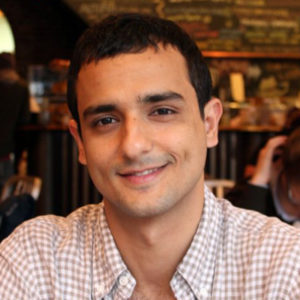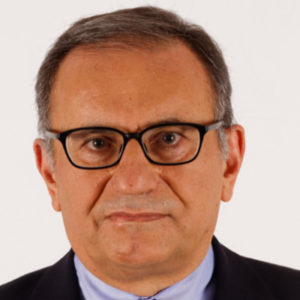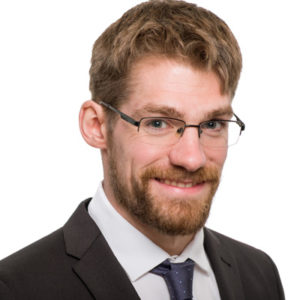Terahertz (THz) bands, including 100 GHz and above spectrum bands, are vital to support 6G’s higher data rates and the recently- completed EPIC project made groundbreaking leaps in establishing the backbone for future communication systems.
The Enabling Practical Wireless Tb/s Communications with Next Generation Channel Coding (EPIC) project has successfully demonstrated high-throughput wireless baseband encoder and decoder technology topping 200 Gbps data rates with real-time FPGA demonstrator and 1 Tbps with ASIC designs, showcasing the significant progress made in delivering THz communications. Comprised of eight partners, this Horizon 2020 project specifically tackled the development of forward-error-correction (FEC) algorithms – critical but computationally complex blocks in the baseband chain – which detect and correct errors in transmitted data to improve throughput rates when encoding and decoding data.
Join a selection of EPIC project leaders on Wednesday, April 28th as they detail the importance of FEC algorithms for future Terahertz communication and engage in discussion around the implementation challenges and eventual use cases enabled by this project.







